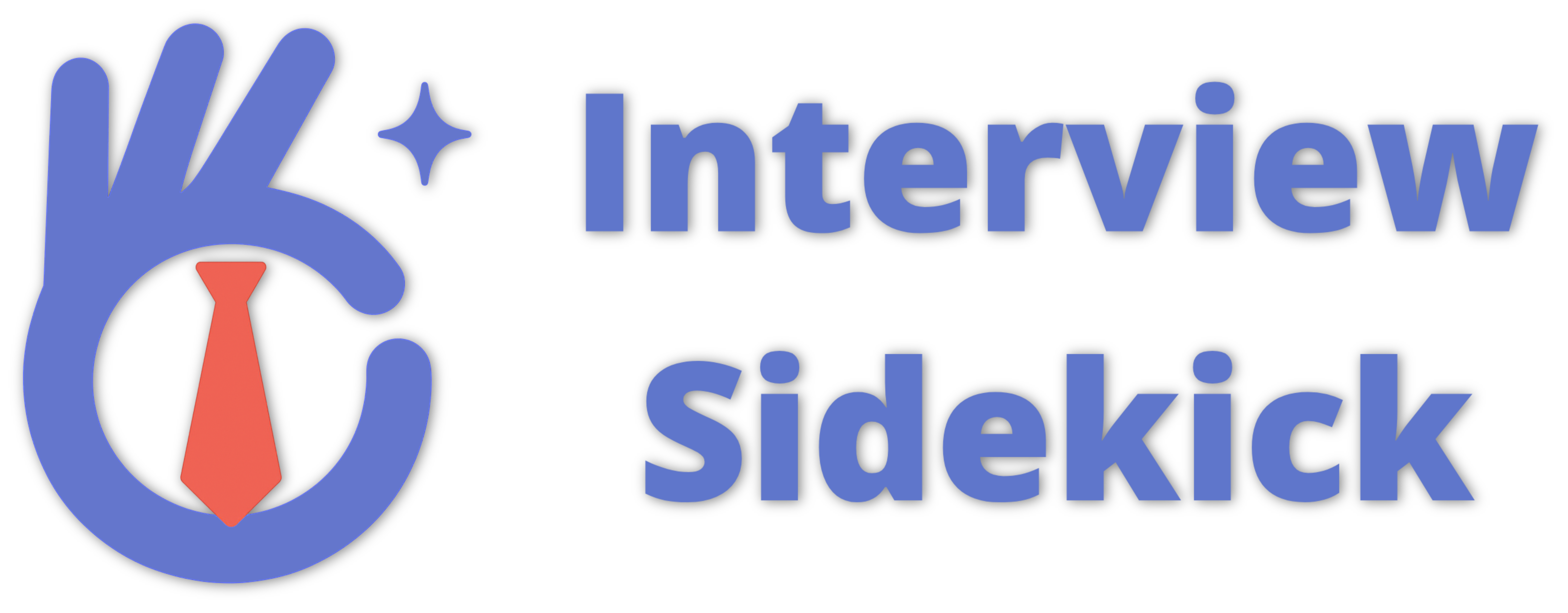Cryptocurrency Engineer Interview Preparation (Step-by-Step Guide with Tips and Examples)

Feeling overwhelmed with endless topics and unsure where to begin? You’re not alone. Preparing for a Cryptocurrency Engineer interview can be challenging, but with a clear, structured roadmap, you can navigate the process effectively. Here’s a step-by-step guide to help you succeed—from day one to interview day.
Overcoming Common Interview Prep Pain Points
Topic Overload: Understanding blockchain protocols, cryptographic security, DeFi, and Layer 2 scaling solutions can be overwhelming.
Lack of Structure: Without a plan, it’s easy to waste time on less relevant topics.
Time Management: Balancing learning cryptographic principles, consensus mechanisms, and interview prep with your daily responsibilities is tough.
Real-World Application Gaps: Many candidates struggle with applying knowledge in real-world crypto development scenarios.
Feedback Gaps: Without feedback, it’s hard to know where you stand.
Your 4-Week Preparation Roadmap
A structured week-by-week plan can bring clarity to your preparation. Here’s how to get started:
Week 1: Build Your Blockchain & Cryptography Foundation
Focus: Understanding blockchain technology, cryptographic security, and tokenomics.
Daily Goals:
Day 1-2: Study blockchain fundamentals—hash functions, digital signatures, and public-private key encryption.
Day 3: Learn about consensus mechanisms (Proof of Work, Proof of Stake, Delegated PoS, etc.).
Day 4: Explore cryptographic protocols such as elliptic curve cryptography and zero-knowledge proofs (ZKPs).
Day 5: Understand tokenomics, stablecoins, and incentive mechanisms.
Day 6: Deploy a simple smart contract using Solidity or Rust (Solana).
Day 7: Rest and review key concepts.
Tip: Having a strong grasp of cryptographic principles is crucial for any cryptocurrency engineering role.
Week 2: Deep Dive into Cryptocurrency Development & Security
Focus: Smart contract security, DeFi protocols, and decentralized governance.
Daily Goals:
Day 1-2: Learn smart contract development (Ethereum, Solana, or Polkadot).
Day 3: Study common security vulnerabilities (e.g., reentrancy, front-running, flash loan attacks).
Day 4: Audit smart contracts using tools like Slither and MythX.
Day 5: Explore DeFi protocols (liquidity pools, yield farming, lending platforms).
Day 6: Implement a basic decentralized application (DApp) with Web3.js or Ethers.js.
Day 7: Summarize your learnings and test your knowledge with practice questions.
Tip: Understanding DeFi mechanics and security vulnerabilities will set you apart from other candidates.
Week 3: Master Cryptocurrency Networks & Real-World Applications
Focus: Blockchain scalability, Layer 2 solutions, and cross-chain interoperability.
Daily Goals:
Day 1: Study scalability solutions (sidechains, rollups, state channels).
Day 2: Learn about Layer 2 solutions like Lightning Network and Optimistic Rollups.
Day 3: Dive into cross-chain interoperability protocols (Polkadot, Cosmos).
Day 4-5: Work on building a simple cross-chain crypto transaction system.
Day 6: Analyze real-world case studies (Ethereum gas optimization, Binance Smart Chain).
Day 7: Prepare a technical explanation of a cryptocurrency project you’ve worked on.
Tip: Recruiters look for engineers who understand both blockchain theory and its practical applications.
Week 4: Behavioral Interviews & Final Technical Prep
Focus: Problem-solving, behavioral questions, and mock interviews.
Daily Goals:
Day 1: Prepare for behavioral interview questions using the STAR method.
Day 2: Review your past projects and be ready to discuss your contributions.
Day 3: Record yourself answering technical and behavioral questions.
Day 4: Conduct a mock system design interview for a cryptocurrency network.
Day 5: Seek feedback from peers or mentors.
Day 6: Review cryptocurrency whitepapers (Bitcoin, Ethereum, Polkadot).
Day 7: Relax, review your progress, and visualize your interview success.
Tip: Clear communication and an in-depth understanding of real-world cryptocurrency applications will make you stand out.
Bringing It All Together
By following this roadmap, you’ll tackle common interview prep challenges and ensure you’re fully prepared. Remember:
Break It Down: Focus on one aspect of cryptocurrency engineering at a time.
Stay Consistent: Daily practice leads to steady progress.
Use the Right Tools: Leverage interactive resources like our for practice.
Confidence is Key: Trust in your preparation, and you’ll perform at your best.
Start your journey today, and take the next step toward becoming a Cryptocurrency Engineer!
